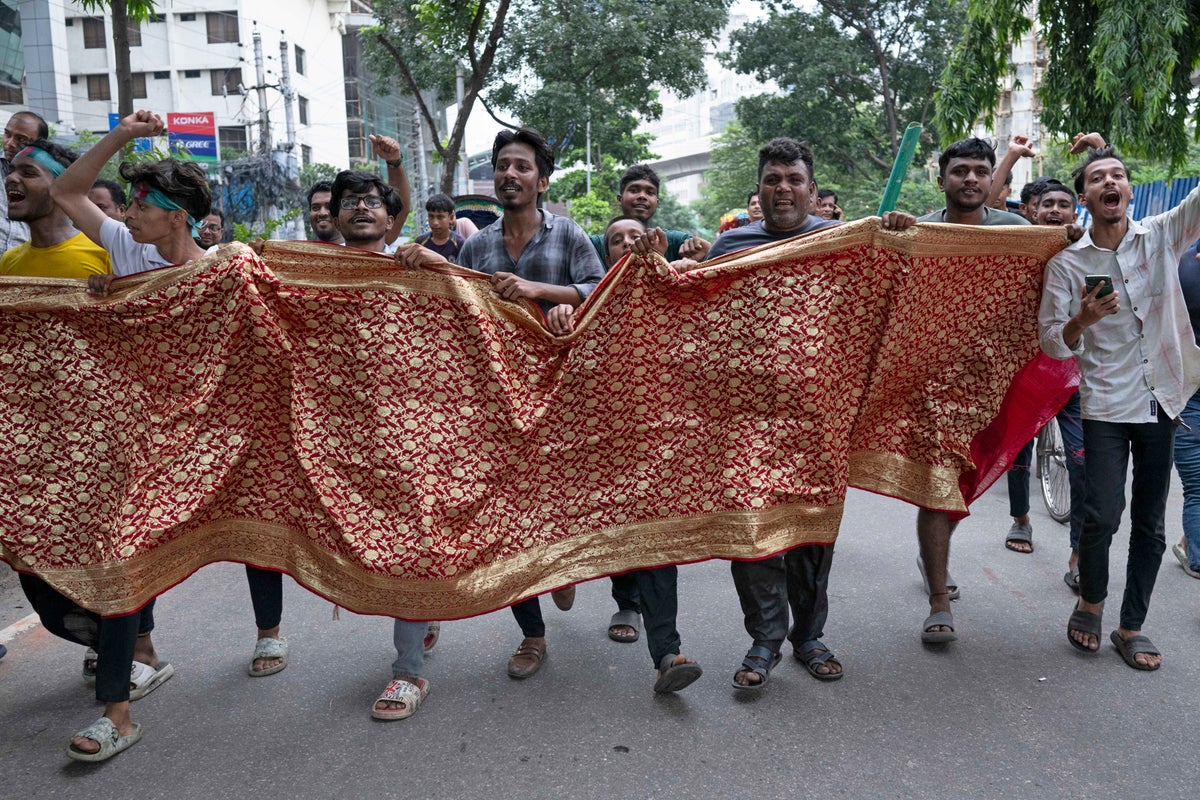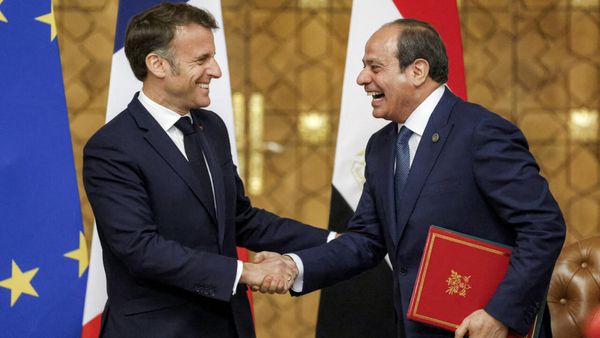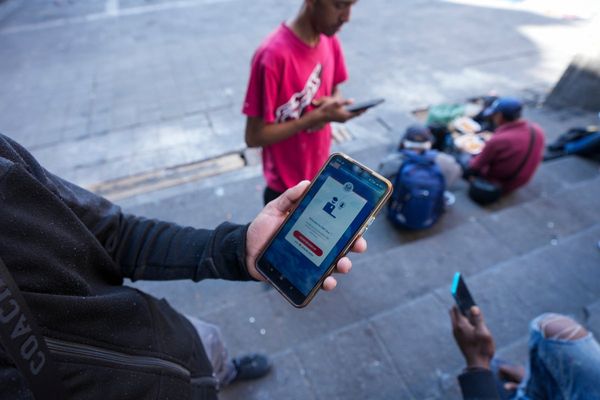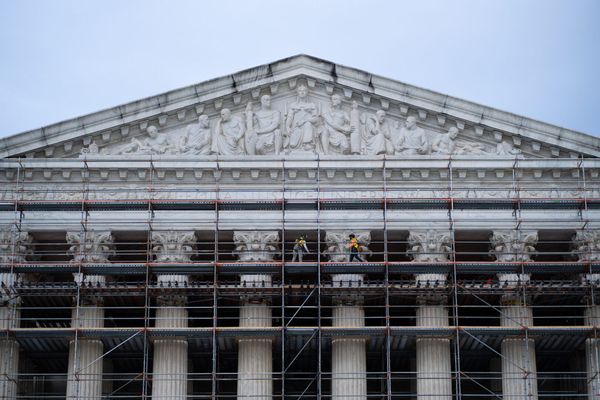
Support truly
independent journalism
Bangladesh’s former prime minister Sheikh Hasina is reportedly awaiting confirmation from the UK on her request for political asylum after being forced to flee the country on a military helicopter due to widespread violence.
Ms Hasina, 76, arrived in neighbouring India on Monday, moments before angry protesters stormed into her residence demanding her resignation after more than two decades in the country’s politics.
Anger mounted against the Hasina government after protests against a quota system in government jobs met with harsh repression by government forces, killing more than 400 people.
After landing in India’s northeastern city of Agartala, Ms Hasina arrived in New Delhi with her sister and requested asylum from the British government, according to CNN-News18.
However, Ms Hasina has been forced to extend her stay in New Delhi as she has received no confirmation from the UK, sources told the broadcaster.
Indian foreign minister Subrahmanyam Jaishankar told parliament on Tuesday that Ms Hasina requested approval to arrive in India at very short notice and her request for was approved “for the moment”.
“We simultaneously received a request for flight clearance from the Bangladesh authorities. She arrived yesterday evening in Delhi,” he said.
He said the Indian government has been in regular touch with the Dhaka authorities for the last 24 hours.
“I seek the understanding and support of the House in regard to sensitive issues regarding an important neighbour on which there has always been a strong national consensus,” he said.
Ms Hasina is accompanied by her younger sister Sheikh Rehana, who holds British citizenship. Ms Rehana’s daughter Tulip Siddiq is a member of the British parliament for the Labor Party.
The embattled leader’s request from the UK is in limbo as British foreign secretary David Lammy has called for a UN-led investigation into the deadly protests and “tragic” loss of lives in Bangladesh.
Mr Lammy said in a statement the UK and Bangladesh have “deep people-to-people links and shared Commonwealth values”.
“All sides now need to work together to end the violence, restore calm, de-escalate the situation and prevent any further loss of life.
“The people of Bangladesh deserve a full and independent UN-led investigation into the events of the past few weeks.”
He described violence in Bangladesh as “unprecedented” as he set out the UK’s ambition for Bangladesh to reach a “peaceful and democratic future”.
The UK and the Indian government have given no official statements on the developments.
The protest over the quota system, which reserved a third of civil service jobs for descendants of veterans of the country’s 1971 independence war with Pakistan, was the sternest challenge to her 15 years in power.
The protests that began in late June turned deadly after her government issued nationwide shoot-on-sight policy, imposed frequent communication blackouts and curfews across the country as students hit the streets.
Most of the quota was scaled back after the Supreme Court ruling last month in favour of students but protests continued as people demanded accountability for the deaths of those killed.
On Monday, 135 more people were killed across Bangladesh in incidents of police firing, clashes and arson as hundreds of thousands participated in the march called to Dhaka by protest leaders, reported the Dhaka Tribune.
Widespread incidents of looting, vandalism and arson were reported in parts of the country along with reports of escalated attacks on Hindu minorities.
The US government commended Bangladesh’s Army for its "restraint" and called for an interim government that is democratic.
"The United States has long called for respecting democratic rights in Bangladesh, and we urge that the interim government formation be democratic and inclusive. We commend the Army for the restraint they have showed today," a White House spokesperson said on Monday.
The EU also urged an "orderly and peaceful transition" towards a new democratically elected government in the country.
Ms Hasina’s son Sajeeb Wazed Joy and her allies have said she would not return to politics.
"She’s in her late 70s. She is so disappointed that after all her hard work, for a minority to rise up against her, I think she’s done,” her son told BBC.
Ms Hasina is known as the “iron lady” of Bangladesh who has spent a total of 20 years in office after first coming to power in 1996.
This is the second time she has been forced into exile in her life. She first went into exile after her father, Sheikh Mujibur Rahman, the freedom fighter who founded Bangladesh, was assassinated along with her mother and three brothers in 1975.







